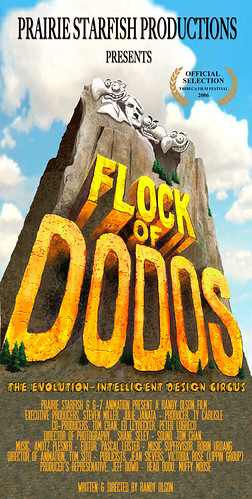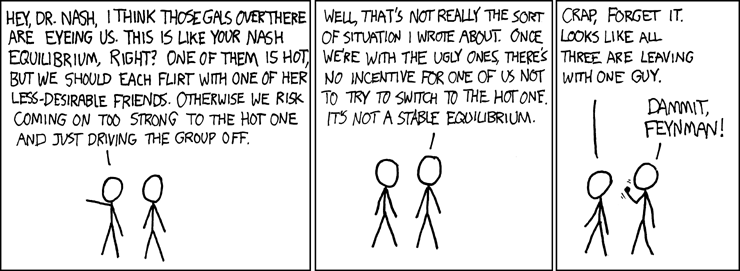"Ramanujan says nothing. Instead he rests his head against the pillow and turns, once again, to look at the river. And Hardy wonders: from his starting place, from the pial at twilight, could he have traveled further."The eponymous 'Indian Clerk' in Leavitt's novel is Ramanujan, but 'The Cambridge Don' would perhaps have been a more apt title for the book, as the book is much more about Hardy. Ramanujan remains a cipher throughout the book: his inner thoughts are never presented by the author. It is Hardy we get to know really well.
However, in another sense, The Indian Clerk is very much about Ramanujan, in showing how even the most brilliant among us are ultimately dependent on the systems and institutions that govern our lives. It takes the First World War to bring out the full capriciousness and cruelty of the British institutions. Hardy is careful not to make his pacifism too overt during the War, for fear of losing his fellowship. Many see him as a coward, and he watches Russell and Eric Neville lose their fellowships at Cambridge for their pacifism. Russell can afford to, but Neville is a lesser talent, mathematically and otherwise, and is soon forgotten. Their tragedy is of course nothing compared to the tragedy of the men dying at the front. Hardy befriends one of them, called Thayer, and has a short homosexual affair with him. However, he is always embarrassed by his sexuality, as well as Thayer's social class, and can never bring himself to treat Thayer as an equal. As someone from a family of schoolteachers who moved up by navigating the system, he does not have the same insouciance towards it as his peers Russell and Littlewood have. As Hardy muses as he watches his dying mother's ravings:
"She speaks of school. And why not? All her life she has spent in schools. Both she and his father. From Ramanujan's perspective, there must be little difference between him and Littlewood, him and Russell. All are children of affluence to him. And how can he be expected to recognize what separates Hardy from the others? For Littlewood comes from a Cambridge family; Russell is an aristocrat. Whereas Hardy is merely the child of teachers...Hardy is dependent on Trinity, just as his father was dependent on Cranleigh, his mother on the Training College, his sister on St. Catherine's. The only difference is one of prestige. Without the support of munificent institutions, all of them would be lost."Of course no one knows the cruelty of institutions better than Ramanujan. Ramanujan's story is often told as one of 'genius will out', but that is a fallacy: essentially a self-fulfilling prophecy. Ramanujan's genius for all practical purposes does not exist till he gets the seal of approval from Hardy, who in turn got his seal from Cambridge. No one sees it better than Ramanujan, who, even after building his reputation, wants the B.A. he was never granted by the education system in India. He hopes one of his papers will win him the Smith's Prize, a prize for undergraduates. This irritates Hardy, because Ramanujan's work is far above the prize. But the reality is that he doesn't have the Smith's Prize: he wants the prizes, else he is not a genius, not even to himself.
Hardy takes a long time to realize this. Their relationship for a long time is one of mutual incomprehension. Hardy has a strong perception of himself as an underdog. He identifies with other underdogs, he likes to 'save' them, the way he saved himself with his own brilliance. But his self-absorption, combined with an acute sense of his own status in the class hierarchy, does not make him a very good savior. It takes him a long time to understand Ramanujan's demons are much more severe than his own: his lack of formal achievements and medals, his difficulties and inadequate appreciation of formal proofs in mathematics, a sense of wasted years, his distance from his family, his constant sense of being an outsider, or even his Hinduism that forces him to a vegetarian diet difficult to maintain in wartime Britain. Ultimately Hardy and Ramanujan manage to form some sort of personal bond beyond the professional relationship they had, and Hardy helps him achieve a part of his hopes (against strong racist opposition from Trinity). But the war ends soon after, and Ramanujan wants to go back to India.
The novel is about a lot of other things besides Hardy's relationship with Ramanujan: the troubled life of John Littlewood, the Cambridge Apostles, Russell's activism during wartime, Hardy's atheism, his relationship with his sister, and a (probably fictitious) unrequited love Alice, Eric Neville's wife, has for Ramanujan. I was dissatisfied with his potrayal of Hardy's atheism: it seemed too formulaic. Also, Leavitt seems to make Hardy colder than he perhaps actually was. Anyone who has read 'A Mathematician's Apology' cannot help feeling a certain affection for Hardy's love of mathematics. This love does not come across in his potrayal by Leavitt.
But ultimately the book is not about mathematics. It is about a certain period in English life, when the political and social hypocrisies of the empire were unraveled by an inglorious war. It is also about how the systems and institutions of the time did not treat its greatest minds very differently from how they treated the callow youngsters sent to the front. In this aim it succeeds marvelously.
"And the amazing thing was that they never let him [Thayer] go. They would break him, and send him home for repair, and break him again. In much the same way, I realized later, we broke Ramanujan, and patched him together again, and broke him again, until we had squeezed all the use we could out of him. Until he could manage no more.
Only then did we let him go home."





























